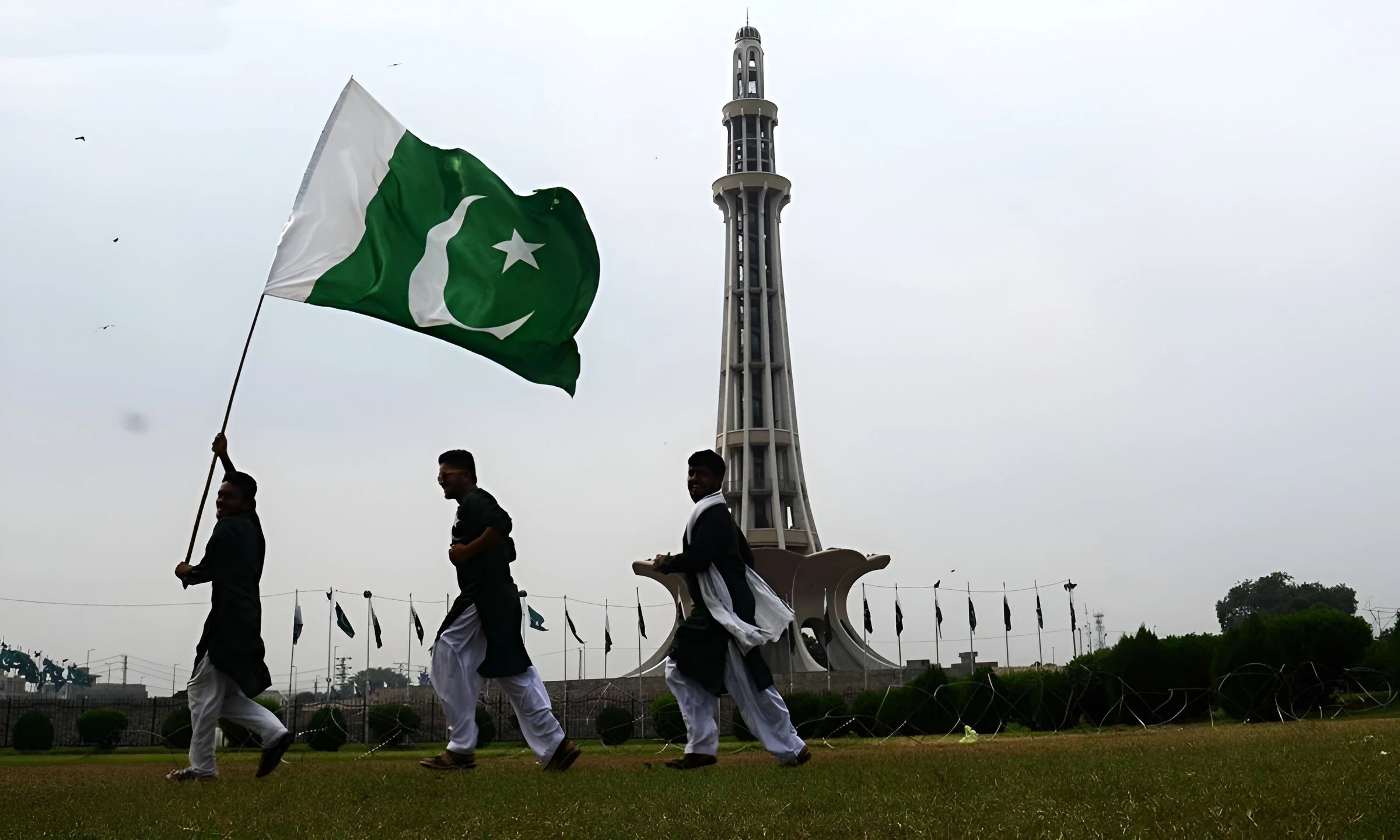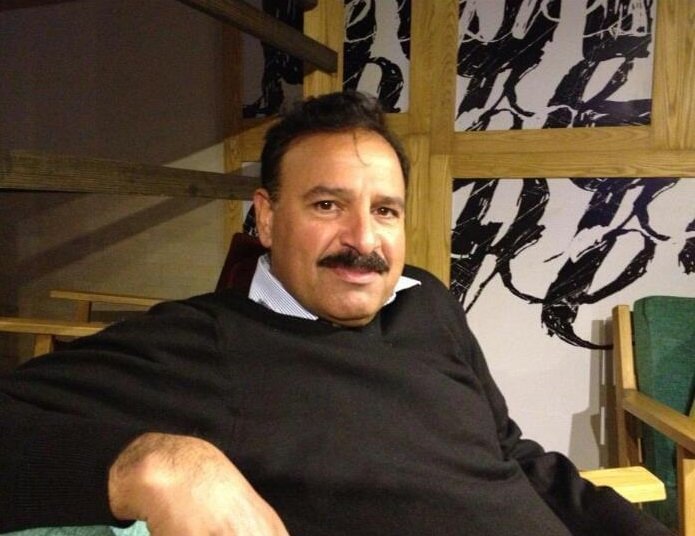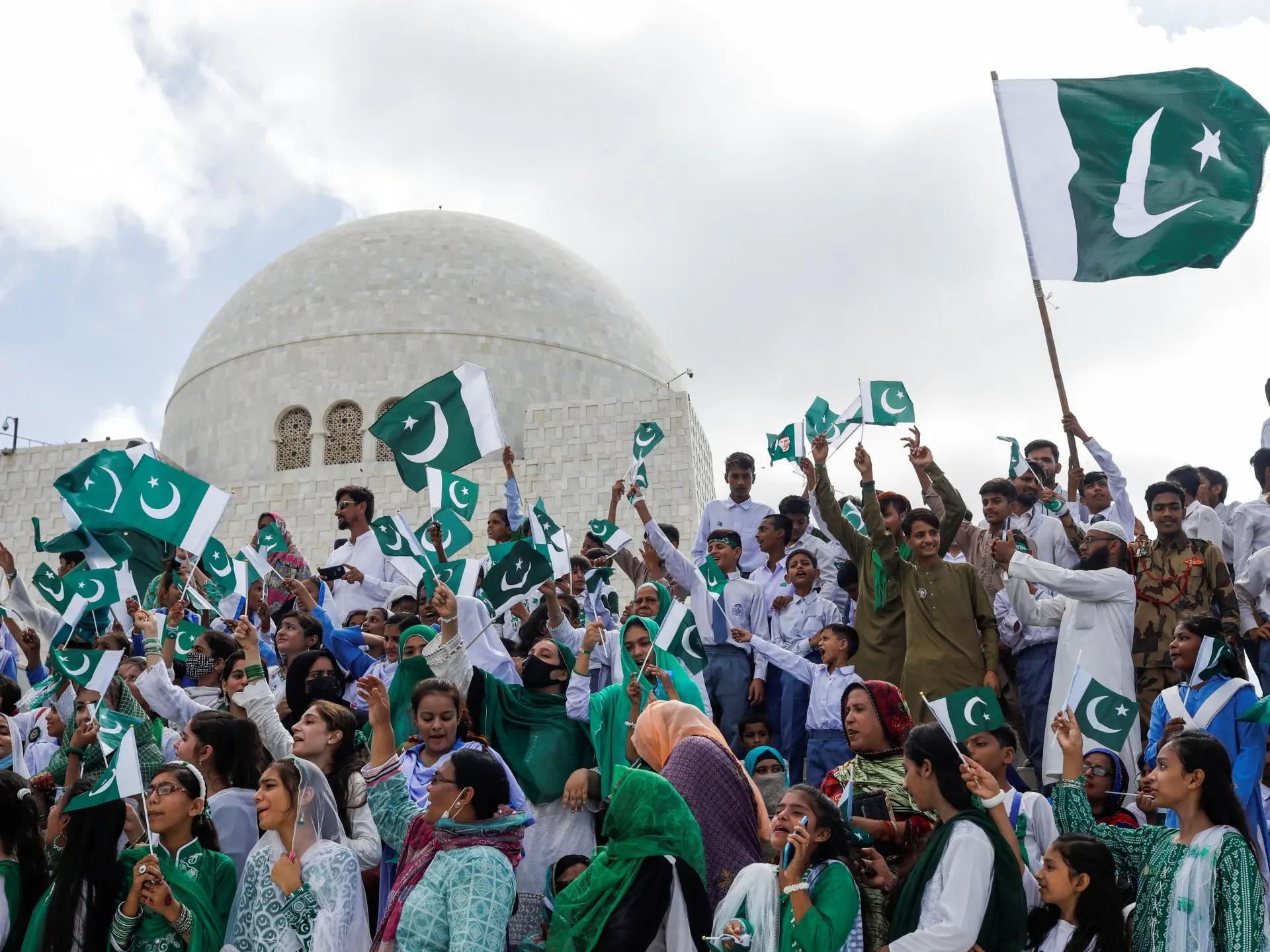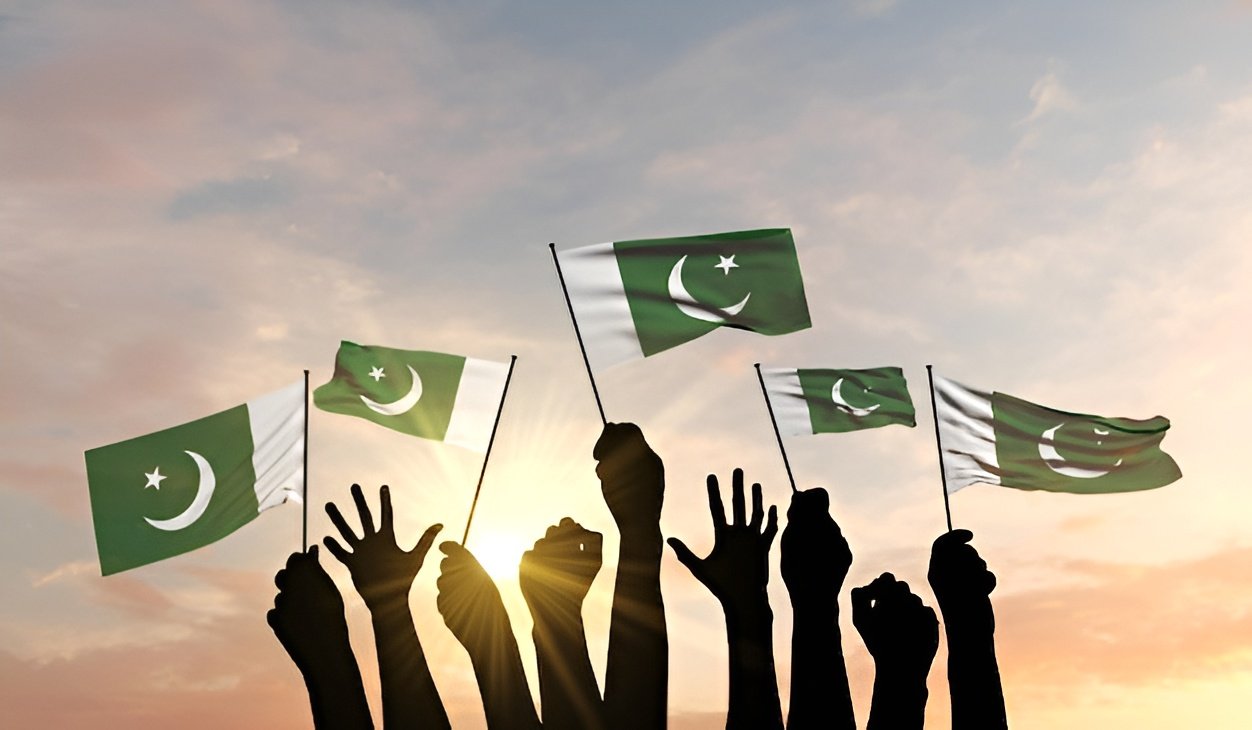AbouT US


President
Our core objectives serve as the foundation of everything we do. We aim to strengthen Pakistan’s governance, legal, and administrative systems by providing expert policy support and practical solutions. Our work is rooted in rigorous research, surveys, and evidence-based analysis, helping policymakers and institutions make informed decisions. At the same time, we prioritize advocacy and awareness, ensuring that citizens understand their rights, responsibilities, and role in shaping a democratic society.
By collaborating with both national and international partners, we extend our reach, exchange knowledge, and build innovative solutions for collective progress. Together, these objectives guide us in creating a transparent, inclusive, and progressive Pakistan.


Politics & Governance – Advancing democratic accountability, transparency, and institutional reforms.
Civil Services – Promoting efficiency, professionalism, and citizen-centered administration.
Law & Justice – Strengthening the rule of law, judicial independence, and access to justice.
Human Rights – Protecting dignity, equality, and inclusion for all communities.
Economy – Supporting sustainable growth, fair opportunities, and equitable resource distribution.
Social Protections – Empowering marginalized groups through welfare and safety nets.
Federalism & Devolution – Enhancing provincial autonomy and balanced resource sharing.
Literature & Sports – Celebrating cultural vitality, creativity, and social well-being.

Its project portfolio includes several